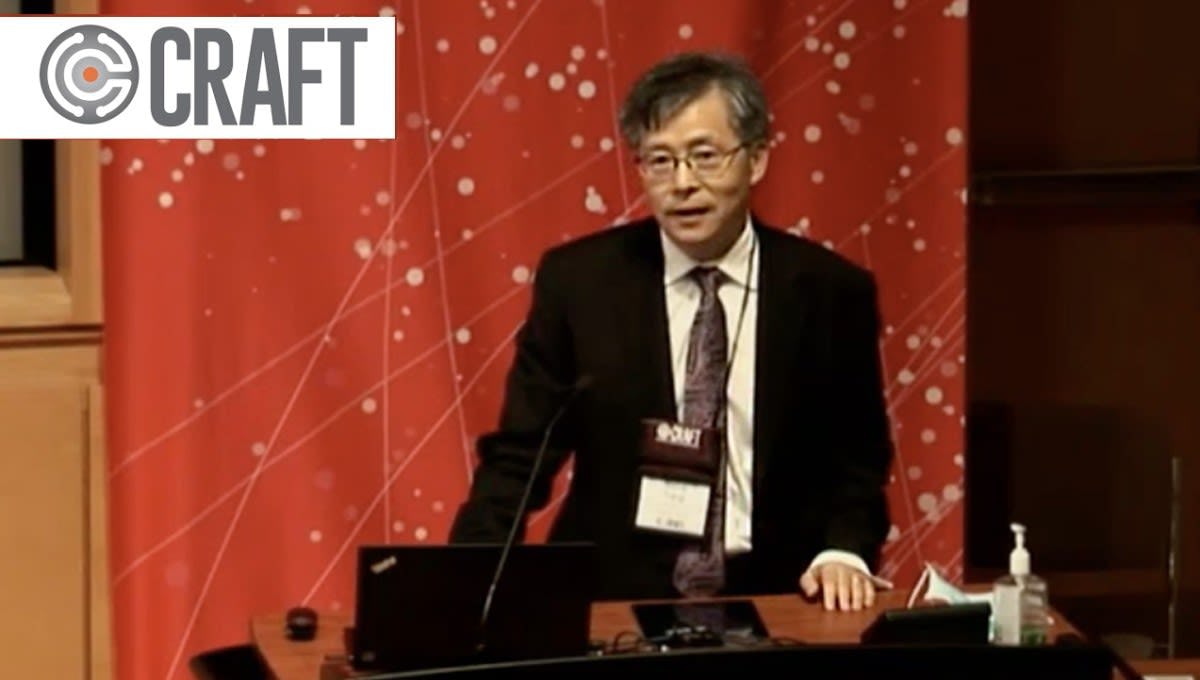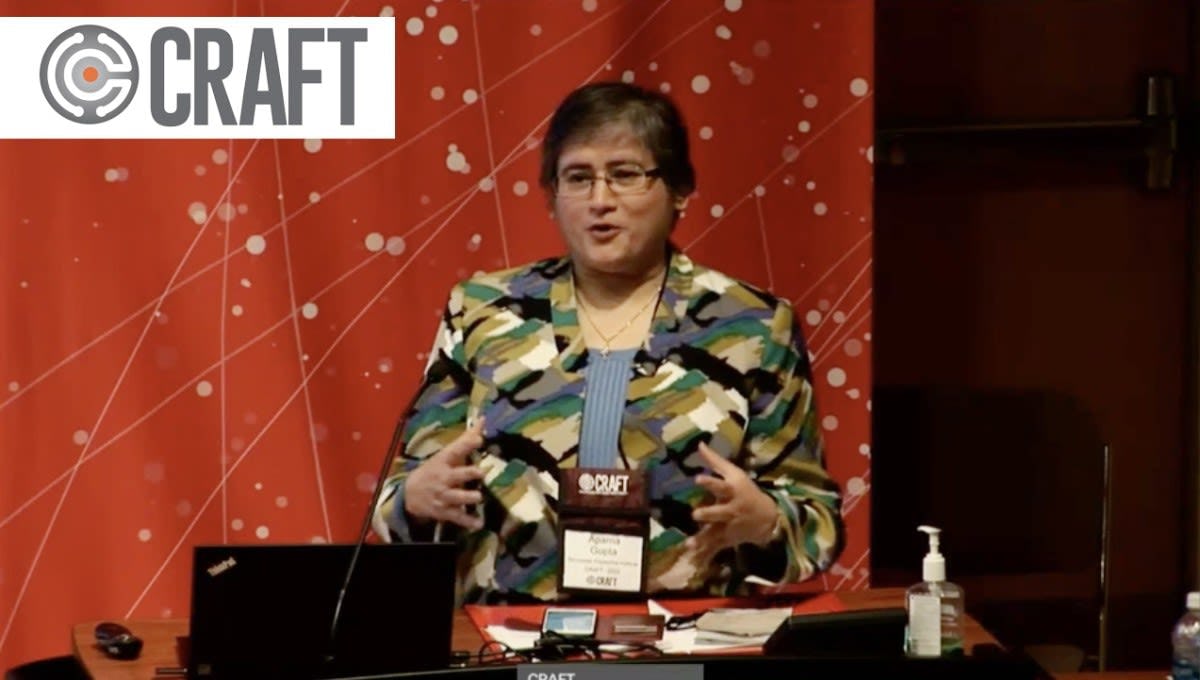In late March, the Center for Research toward Advancing Financial Technologies (CRAFT), Stevens' joint venture with Rensselaer Polytechnic Institute (RPI) and the first fintech research organization backed by the National Science Foundation, held a two-day industry advisory board meeting at the RPI campus in Troy, New York.
Led by Steve Yang and George Calhoun of Stevens School of Business, and Aparna Gupta of RPI’s Lally School of Management, the meeting was an opportunity to share perspectives on an exciting range of fintech topics.
Emphasizing the importance of collaboration between academia, industry and government, Dr. Yang, associate professor and CRAFT director, shared the research roadmap for the center, which will focus on the following:
Artificial intelligence
NLP (natural language processing)
Cryptocurrency
Decentralized finance
Green finance
Quantum computing
Cybersecurity
"At the same time, we want to look at horizontal problems, which are mostly social issues," said Yang. He reminded the audience of the White House’s recent executive order on responsible development of digital assets. “We’re not just looking at specific technologies like AI, blockchain or quantum computing. We want to address related issues: ethics, law regulation, governance and policy issues so that we have a holistic approach in product development and service innovation. All fintech innovations should provide better accountability, privacy and social responsibility,” he said.
Aparna Gupta, CRAFT co-director and professor of quantitative finance at Rensselaer, emphasized the benefits of having the guidance of the National Science Foundation, which has led more than 80 industry-university cooperative research centers (IUCRC). “There’s a strong community and a lot of wisdom on how these programs are run. We can benefit by learning about best practices and learning from other IUCRCs,” Dr. Gupta said, as she looked to the future of developing and growing CRAFT.
Dr. Calhoun, CRAFT’s managing director, spoke of the importance of adapting to new technologies. "Just as the financial exchanges have been transformed by automation in the last 20 years, new technologies will reshape the banking and insurance sectors. The mission of CRAFT is to help our industry members prepare and stay ahead of this trend, and allow for a smoother transition to new business models and infrastructures.”
Meeting attendees were excited by novel ideas coming from Stevens and RPI through the CRAFT Sandbox, which was recently launched to solicit project ideas from students. “This is a very fast moving area, and a lot of innovation is coming from youngsters,” Dr. Gupta said. “This is one more channel that industry members can engage in, directly guiding students and student driven ideas, which would be really phenomenal and complementary to what faculty can bring.”
Gregory Prastacos, the dean of the School of Business at Stevens, emphasized the benefits of collaboration between students and industries. “CRAFT will energize both undergraduate and graduate students,” he said. “We’ve started a masters’ certificate program in fintech at Stevens and we also plan to introduce fintech courses in undergraduate programs. Workforce development is a top goal, and we aim to produce first-class talents for the CRAFT members and the industry at large.”
The CRAFT meeting featured numerous talks by industry experts and researchers from Stevens and RPI, including Behrooz Shirazi, program director at the National Science Foundation, Kiran Panja, managing director at IBM Cloud, and Sudhir Pai, executive vice president at Capgemini, a Paris-based fintech company. Stevens professors Ionut Florescu, Zhenyu Cui, and Foad Pajouh each gave a talk on frontiers in risk challenges; Darinka Dentcheva spoke on novel data paradigms for financial decisions; K.P. Subbalakshmi, Jia Xu and Wendy Hui Wang each gave presentations on explainable AI and fairness. All of these talks and more can be watched on video.



